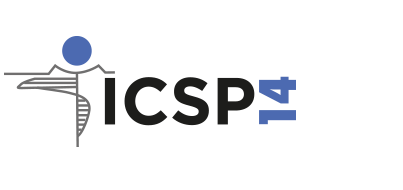14th International Conference on Shot Peening
Abstract [37]
Olivier Higounenc
Metal Improvement Company, Surface Technologies – Curtiss-Wright 14, Chemin de Cazenave, ZI Saint Etienne, 64100 Bayonne, France Olivier.Higounenc@cwst.com
Abstract
We report test results showing that laser peening prevents chlorine induced stress corrosion cracking (CISCC) of welded 316L stainless steel and 5000 series aluminums. Our previous work show similar success preventing cracking in Alloy 22, Alloy 600 and Alloy 690. Based on published work identifying the importance of deep (>1 mm) compressive stress to prevent pitting from transitioning into cracking, we provide measurements of the multi-mm depth of compressive stress generated by laser peening in these steel and aluminum materials. The stainless steels tests are important for multi-purpose canisters (MPCs) used for spent nuclear fuel storage and the aluminum panels have important applications in Navy ship and marine applications that have be plagued by sensitization cracking of 5000 series aluminums. Using ASTM G36 (2013) accelerated corrosive testing we decisively show that CISCC does not initiate in weld areas of 316L stainless steel that were laser peened. We further show that for 5083 and 5456 aluminums, laser peening inhibits sensitization and most importantly prevents crack initiation or growth in thermally exposed panels with treatment either before or after sensitization level exposures. The testing of both the stainless and aluminums clearly shows that cracking will initiate and grow in unpeened regions, will not initiate in laser peened areas and that all cracking arrests upon propagating from unpeened areas into laser peened areas. In our work, test panels were exposed to a solution of magnesium chloride at 155oC and rapidly showed extensive cracking in non-peened areas. Cracks never were able to initiate in the laser peening panels and all crack propagating toward a laser peened region arrested. Based on the results of this work, the laser peening technology was approved by the NRC and used to protect the spent nuclear fuel canisters for the San Onofre Nuclear Power Plant. Our work further demonstrates that the laser peening process would be a complete solution for ship and marine applications as it completely prevents the IGSCC in material 5000 series aluminums peened before sensitization and as well as material peened after a thermal exposure.
Date
18 Novembre 2022

